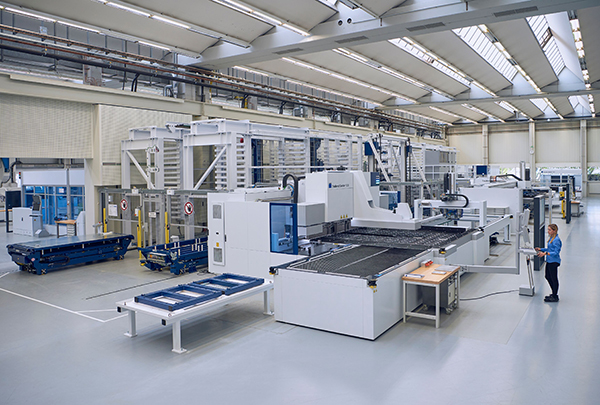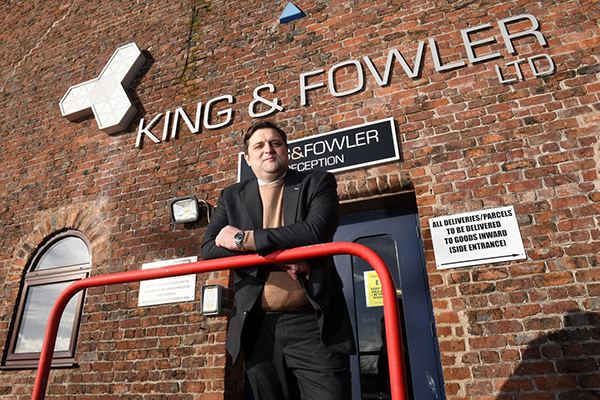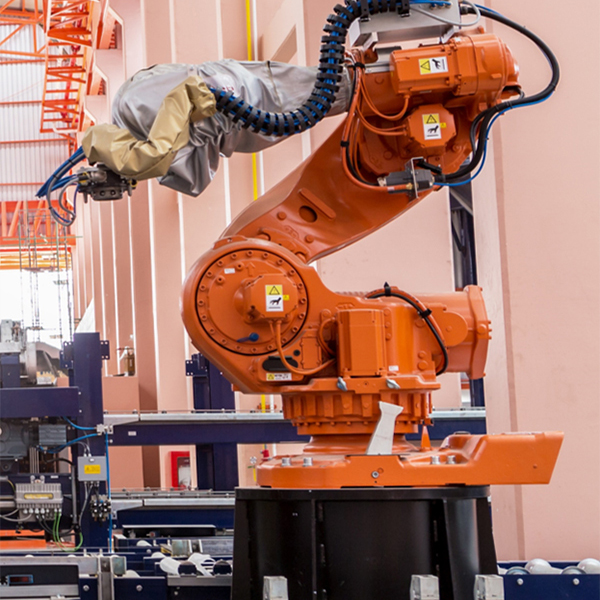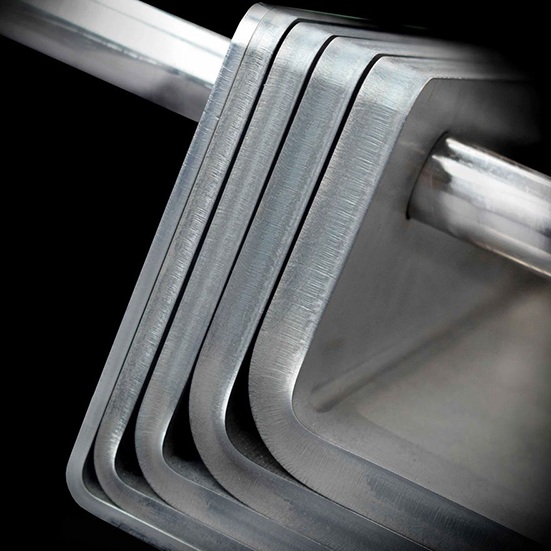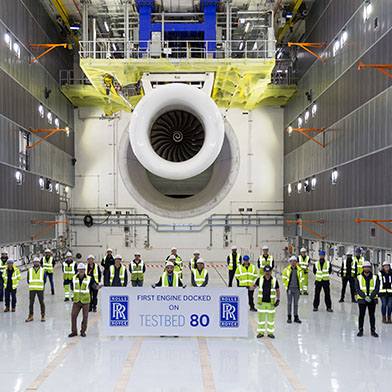
Amada has extended its range of HFE3i intelligent press brakes by adding a 400 tonne machine in 4, 5 and 6 m lengths. Aimed at heavy-engineering sectors such as agriculture, commercial vehicle, rail, construction, mining and shipbuilding, the new HFE3i HT (High Tonnage) model can bend mild steel up to 20 mm thick.
A high-rigidity frame offers optimum performance in high-tonnage applications, while Amada’s design of the lower table guarantees parallel beam deflection. Furthermore, the strong and flexible back gauge combines payload and positioning accuracy via its five motorised axes.
The standard single Delta-X finger, which can move forward and backwards independently of the other, allows high gauging flexibility and is particularly useful when bending asymmetrical workpieces. Optionally, customers can select Delta-X on both fingers.
HFE3i HT machines feature a range of equipment designed specifically for high-tonnage applications. For instance, Digipro uses wireless technology to transmit the measured angle to the control before the machine compensates to provide a precise bend angle. At all times, operators can use a hand wheel to make manual adjustments to each axis. If required, an optional device for active angle measurement is available: the Bi-M laser can measure and correct the angle in real time.
A further benefit for customers is Amada’s Eco inverter technology, which means the machine stops using power as soon as the bend is complete. As well as saving energy, this smart hydraulic power system reduces maintenance requirements, oil consumption and noise.
The HFE3i HT can be optionally fitted with Amada SF200 sheet followers (200 kg per arm) to help improve accuracy and safety. SF200 units follow the bend speed as folding takes place.
For further information
www.amada.eu







